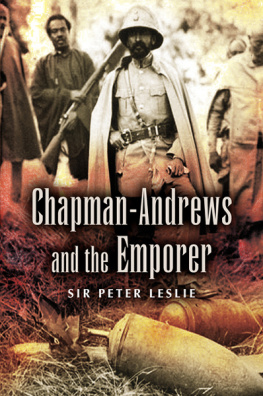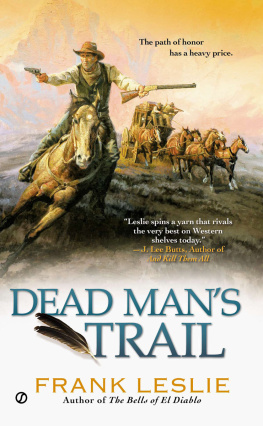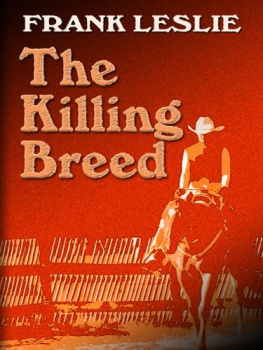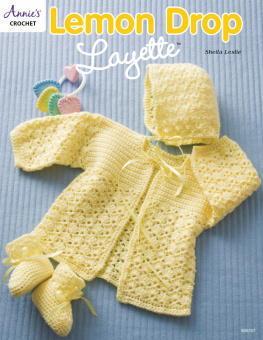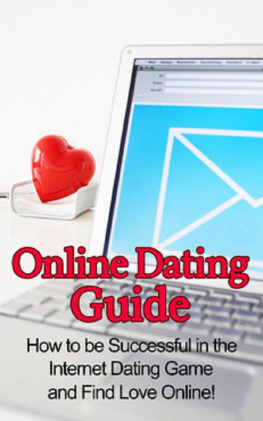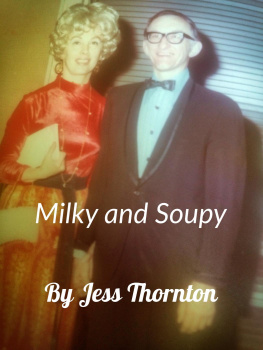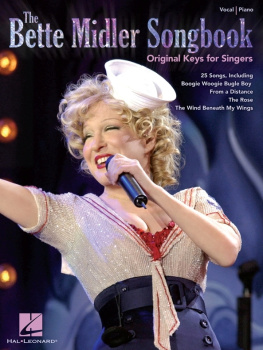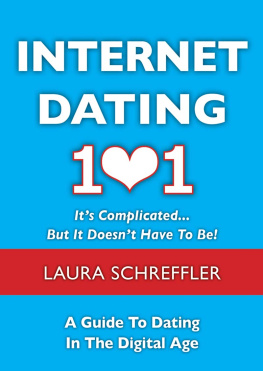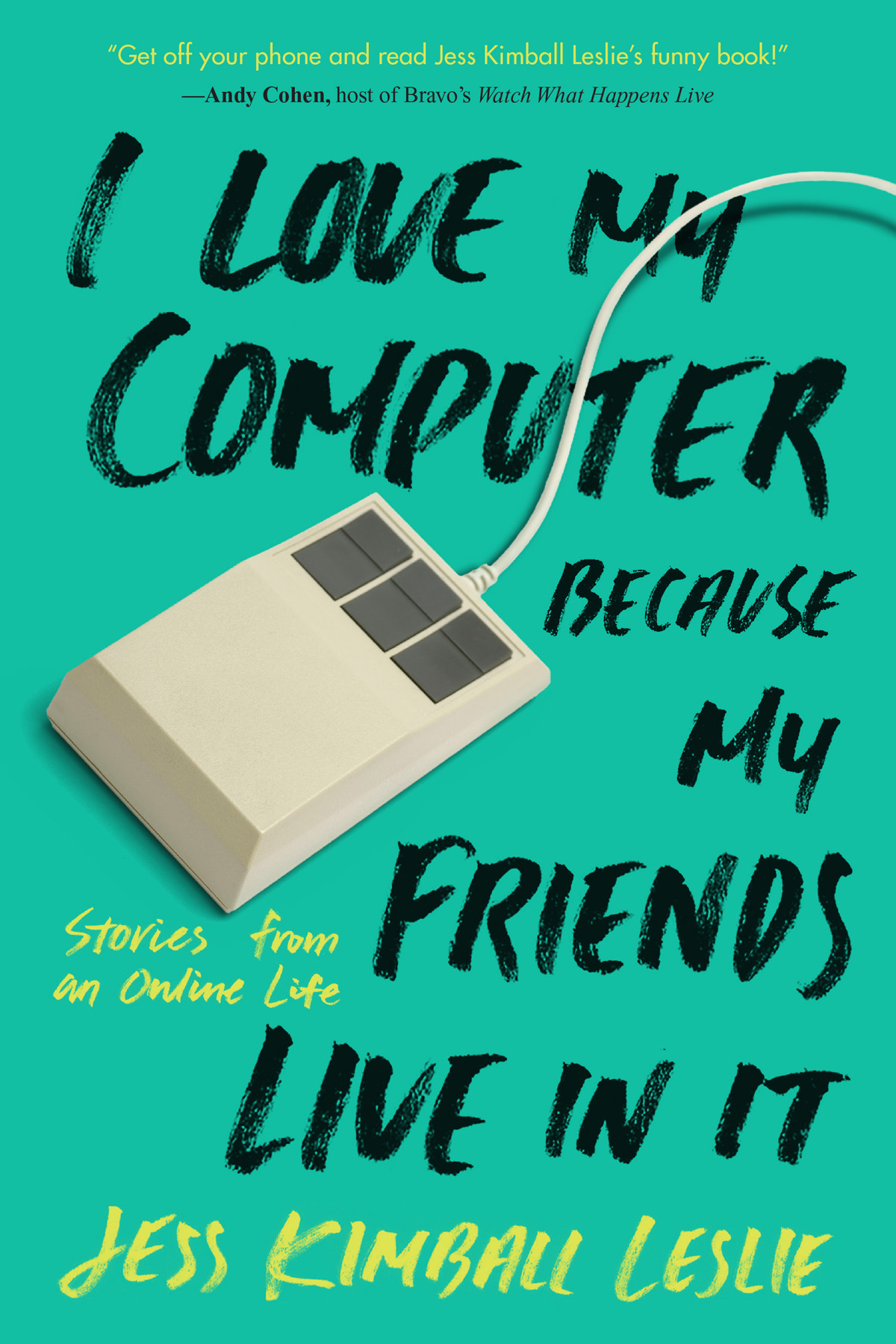Copyright 2017 by Jess Kimball Leslie
Published by Running Press,
An Imprint of Perseus Books, LLC,
A Subsidiary of Hachette Book Group, Inc.
All rights reserved under the Pan-American and International Copyright Conventions
This book may not be reproduced in whole or in part, in any form or by any means, electronic or mechanical, including photocopying, recording, or by any information storage and retrieval system now known or hereafter invented, without written permission from the publisher.
Books published by Running Press are available at special discounts for bulk purchases in the United States by corporations, institutions, and other organizations. For more information, please contact the Special Markets Department at Perseus Books, 2300 Chestnut Street, Suite 200, Philadelphia, PA 19103, or call (800) 810-4145, ext. 5000, or e-mail special.markets@perseusbooks.com.
Print ISBN: 978-0-7624-6171-4
E-book ISBN: 978-0-7624-6172-1
Library of Congress Control Number: 2016050719
Front cover design by Rodrigo Corral
Interior design by Ashley Todd
Edited by Jessica Fromm
Typography: Futura, Times New Roman, and Wingdings
Names and identifying details of some of the people portrayed in this book have been changed.
Running Press Book Publishers
2300 Chestnut Street
Philadelphia, PA 191034371
Visit us on the web!
www.runningpress.com
E3-20170331-JV-PC
For Beckett and Lauren
For Dad
E MAIL? Ohmigod, I could never, like, write for fun.
It was 1996, and my seventh-grade English teacher had just decided it would be no big deal to tell my classmates about the conversation she and I had the night before on America Online. If you have a question about literary symbols, just send me an American Online Email like Jess did last night!!! Shed said it exactly like that: American Online Email. It was as if the woman thought that an anecdote about me, the schools string bass player and part-time assistant lighting director, would somehow convince the soccer players to spend their evenings on the Internet too, trading thoughtful emails about Victor Hugo. You know, instead of gathering in our towns refinished basements and having drunk almost-sex on affordable carpeting.
Who would ever type someone a letter? asked a kid in the very back of our classroom, one who seemed to be living his life in a perpetual impersonation of Beavis and/or Butthead.
Who can type?! someone else wondered aloud.
A refrigerator-sized boy pounded his desk in agreement. A smart girl who never spoke found the courage to laugh. A foreign exchange studentone whom wed ritualistically ignored for almost a yearsmiled as if he finally belonged.
There I sat, bearing witness to a full-on kaleidoscope of adolescent togetherness as the dumb kids, the cool kids, the forgotten kids, and the overparented kids all joined as one, mocking the very notions of email, instant messages, and the pure exertion of the written word in general. The classs howling laughter put my teacher back in her rightful place, and AOL was never mentioned in our classroom again.
Its hard to remember, but when America first saw the Internet, we confidently dismissed its importance. The World Wide Web wont be nirvana!!! proclaimed Newsweek, thrilled to debunk such a silly trend. Allison, can you explain what Internet is? asked a baffled Katie Couric on live TV, rolling her eyes.
At the time the coveted technology was the personal phone line. My seventh-grade classmates didnt want to hang out with strangers on AOL message boards; they wanted their very own number in the phone book so they could call the people they already knew. The personal phone line was the thing to beg for at Christmas. Oh my GOD, the personal phone line!!! my friend Aaron screeched with delight one evening as we reminisced over dinner. I remember I was trying to get a job as a waiter in high school, Aaron went on, and when I finally got an interview, the restaurant manager told me I needed previous experience in order to apply. I mean, are you even kidding me? It was a Red Lobster! Anyway, I looked this manager dead in the eyes and assured him that I had tons of previous experience. I wrote down my friend Jeanettes personal phone number on that application form, and I strutted right out that door. For two weeks Jeanette answered her phone every day after school with The Ground Round, how may we help you? or Good evening, thank you for calling the Ground Round, this is Jeanette speaking, the manager. When the big call finally came through, Jeanette said, The Ground Round, this is Jeanette speaking, the manager. Oh yes, Aaron! What a talent. Very busy. So hardworking. You want to speak with him? Let me go get him. Oh, wait a minute, Im so sorry, but Aaron cant come to the phone right nowhe has three ten tops. He has buffet detail. Hes restocking the make-your-own-salad station, and we are completely out of ham cubes. Aaron, were out of ham cubes!!!!!! Anyway, what on earth would I do without Aaron? He is simply a star here at the Ground Round.
Unlike my friend Aaron, who used the largely computer-free 1990s to his own advantage, I was not built for the decade. I was nothing but a closeted lesbian with a bowl cut, constantly faking sick so I could stay home from school and email with my only friends, an assortment of opinionated, prolific shut-ins scattered across America and several decades my senior. Were I a 2010s kid, Id probably have a really strange Tumblr and a small smattering of followers spread across the colder and therefore odder parts of the globe, but at least there would presumably be people my own age whod *get* me. Because I was growing up in the 1990s, however, it was just me and my sale-rack Abercrombie & Fitch track pants, counting the hours until school ended and I could run home to be greeted by my precious spiritual rallying cry of Youve got mail!
Over the past twenty years weve used the Internet to connect with strangers and friends in a hundred different ways: weve ranked our Top Eight on Myspace, been matched with the potential loves of our life on Match.com, courted followers on Twitter, and gotten to know details about the lives of our high school classmates via Facebook and Instagram that prior generations could never have imagined knowing. Its all happened so quickly that we rarely even talk about what all these services and stages of communication meant to us as flawed, baffled human beings who, like Katie Couric, didnt always appreciate the magnitude of what was happening right before our eyes.
Its time to take a moment and reflect on the Internet that came before us. Consider this book (which I presume you are reading on a toilet) a moment of silence, a chance to go back and remember all the tireless modems connected to phone lines, working at the continual peril of someone else picking up to make a call. Rest your smartphone in the trash and conjure the feeling of your former Compaq, Gateway, or Dell computers inelegant contours beneath your hand. Recall the intimidating weight of its accompanying monitor, which would surely have killed you if it fell on your head. Remember the impossible spatial requirements of the Trinitron monitor on your desk and how you couldnt fit anything else on that desk, not even if you really tried. Think back to when keyboards made loud, concentration-destroying noises and printer ribbons screeched until their final screech, which announced theyd run out of ink and paper halfway through producing your very important book report. Close your eyes and see that bright yellow, gay-friendly


